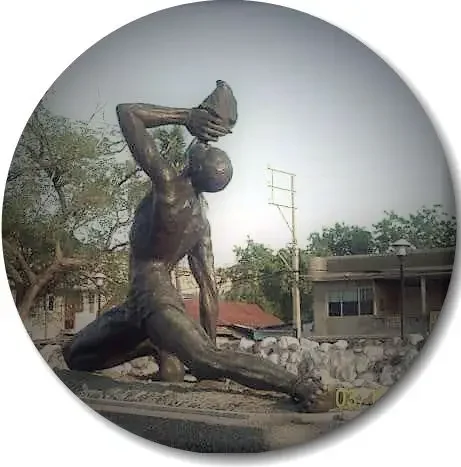The recent passing of Pope Francis marked the end of his leadership over the Catholic Church and the Vatican City State, a role he held from March 13, 2013, until April 21, 2025. Notably, he was the first Jesuit pope from Latin America and the first pope born or raised outside of Europe since Gregory III in the 8th century. Following his death, the Catholic tradition dictates that a new Pope must be elected. This process involves summoning Cardinals from around the globe to the Vatican to seek a successor.
Although it may seem straightforward, the election is governed by specific rules and criteria: to be eligible for the papacy, one must be a baptized Catholic man, and the College of Cardinals must elect him during a conclave. While technically anyone who meets these conditions could be chosen, it is customary for the Pope to be a Cardinal, often one of high rank. Is this due to experience or passion? There are indeed fundamental qualifications:
1. The candidate must be a baptized Catholic man of sound mind. 2. Clerical Order: The path to becoming Pope usually begins with a career in the Catholic Church, starting as a priest and advancing to bishop and then Cardinal. 3. Cardinalate: While not strictly necessary, the Pope is typically selected from among the Cardinals. 4. Conclave: When the papacy is vacant, Cardinals convene in a conclave, a private meeting where they vote in secret until a two-thirds majority is reached. 5. Acceptance and Ordination: If elected, the individual must accept the papacy and, if not already a bishop, be consecrated as one. Securing a job often demands even more qualifications. We recently witnessed this entire process unfold, and it was truly remarkable! Within just a few days, a new Pope was elected.
The qualifications do not specify any race, indicating that anyone from anywhere in the world can qualify as long as they meet the criteria. However, since the election of the new Pontiff, Robert Francis Prevost, Pope Leo XIV, there has been considerable scrutiny regarding his heritage. Many are questioning the origins of the Pope, who is notably the first American to hold this position, a milestone that should make us proud. Instead of celebrating this achievement in the history of the papacy, the conversation has shifted to his family background, including his grandparents and lineage.
What is the underlying issue? What is going on? Your thoughts would be highly valued.


I think it’s wonderful that we can celebrate having an American Pope & his mixed heritage can be a nod to what makes America a great nation indeed! May we be united globally in faith as the American pledge says “one nation, under God, with liberty & justice for all!”
Pretty well said, thank you!